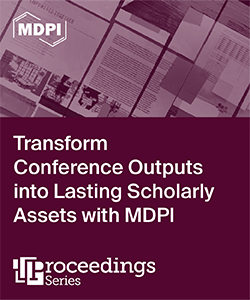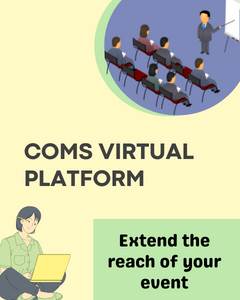Home / Conference Listings / Engineering / Civil Engineering, Architecture, Construction and Geotechnical Engineering / Türkiye
Conferences > Engineering > Civil Engineering, Architecture, Construction and Geotechnical Engineering > Türkiye
Select a location
Australia (1) Austria (3) Canada (3) China (1) Czech Republic (1) France (1) Greece (1) India (1) Italy (1) Japan (1) Lebanon (1) Mexico (1) Netherlands (2) New Zealand (1) Nigeria (1) Pakistan (1) Philippines (1) Poland (1) Portugal (1) Serbia (1) Spain (1) Sri Lanka (1) Türkiye (1) United Kingdom (2) United States (7) Vietnam (1)
1
ICMA — 4TH INTERNATIONAL CONFERENCE ON MOSQUE ARCHITECTURE
03 Nov 2025 - 08 Nov 2025 • Istanbul, Türkiye
Abstract submission deadline:
31 Aug 2024
Event listing ID:
1630868
Event website:
Conference-Service.com offers, as part of its business activities, a directory of upcoming scientific and technical meetings. The calendar is published for the convenience of conference participants and we strive to support conference organisers who need to publish their upcoming events. Although great care is being taken to ensure the correctness of all entries, we cannot accept any liability that may arise from the presence, absence or incorrectness of any particular information on this website. Always check with the meeting organiser before making arrangements to participate in an event!
Last updated: 27 July 2024




